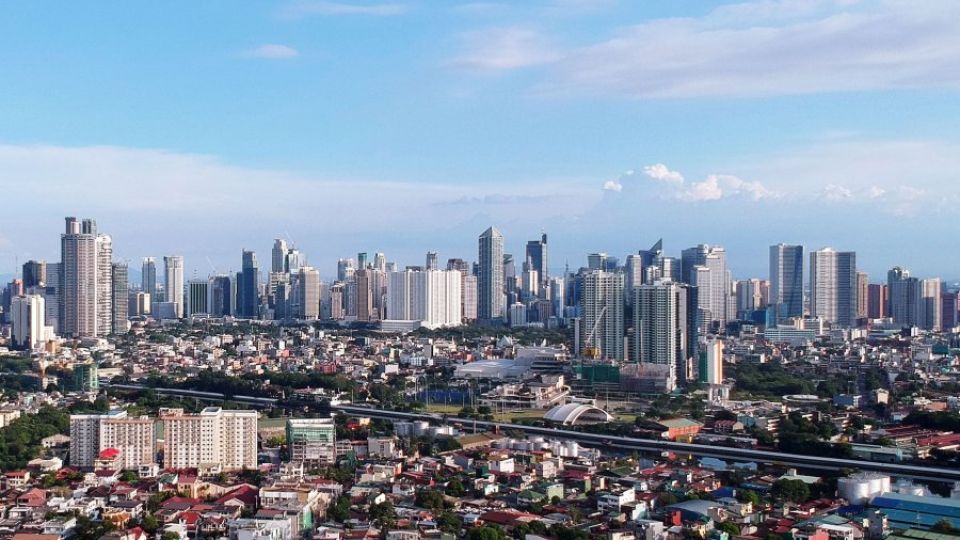August 14, 2023
MANILA – Not even the most pessimistic top market analysts and economists saw the Philippines’ economic growth sputtering to just 4.3 percent in the second quarter, thus handing the Marcos administration a brutal reality check that the headwinds are real and urgent and substantive actions have to be taken to put the Philippines back on a robust growth track.
Per the Philippine Statistics Authority (PSA), the country’s gross domestic product (GDP) grew at its slowest pace in over two years in the April to June quarter, decelerating from the 7.5 percent recorded in the same period a year ago and the 6.4 percent posted in the first quarter. This was far below the average market consensus forecast of 6 percent. The loss of momentum was blamed largely on the pullback in consumer spending due to persistently high prices of basic goods and services and interest rates at 16-year highs, and lackluster government spending, especially coming off the election-related spike in the same period last year.
UK-based Pantheon Macroeconomics declared the second-quarter readout “a disaster” and immediately slashed its full-year growth forecast for the Philippines to 4.5 percent from the earlier 5.5 percent. Other major market watchers similarly ratcheted down their 2023 projections by varying degrees: 4.8 percent (BofA Securities), 5.2 percent (Citi), and 5.3 percent (Goldman Sachs). All ended up below the government’s 2023 growth target of 6-7 percent which is now most likely to be missed. The economy, BMI Country Risk & Industry Research said, will have to grow by at least 6.5 percent in the second half to meet even just the lower end of the government’s set range.
The odds are unfortunately not in the Philippines’ favor considering that inflation remains elevated and will likely remain so considering the recent increases—again—in the prices of petroleum products and the threat of El Niño on agriculture prices. Adding to the perfect storm is the general slowdown in the global economy which means lower demand for exports and more restrained investment activity.
As expected, the Marcos administration’s economic team has struck a far more optimistic tone and insisted that the lofty target of a 6-7 percent GDP growth can still be hit. “To achieve the target growth rate of 6-7 percent for the year, the country’s GDP needs to grow by at least 6.6 percent in the second half of 2023. Notwithstanding the challenges, we believe this is still attainable,” said the economic team, composed of the socioeconomic planning, budget, and finance secretaries.
Key to achieving this ambitious target, the economic managers said, was to “accelerate the execution of programs and projects, including the delivery of public services, under the 2023 national budget” to give the economy a much-needed shot in the arm. The team acknowledged the 7.1-percent contraction in government expenditures in the second quarter—a reversal of the 6.2-percent growth in the first quarter and the 10.9-percent surge in the same period last year—with the absence of election-related spending and also more crucially due to underspending against budget.
The Marcos economic team should and must do exactly that as the effect of the decline in government spending on economic growth has been dire indeed.
Socioeconomic Planning Secretary Arsenio Balisacan has emphasized that had there been no underspending, GDP growth in the second quarter would have been as high as 5.6 percent, not the disappointing 4.3 percent.
BofA Securities likewise underscored that while the second quarter of 2023 is being compared to the base last year that included election-related spending, the decline in government spending “can hardly be justified.” Indeed, the underspending contributed to the shrinking of the economy by 0.9 percent in the second quarter, a reversal from the 1-percent growth in the first quarter. This ended 11 straight quarters of growth and also represented the sharpest decline since the 13.8-percent contraction in the second quarter of 2020, at the start of the devastating COVID-19 pandemic.
Providing encouragement is the fact that while the economic managers are understandably still optimistic about growth prospects for the year, they are keenly aware that while there are external headwinds affecting the economy that are beyond their control, there are levers that they can pull to regain the growth momentum.
Hastening spending is one of them.
The Department of Budget and Management has already cracked the whip and national and local government units should respond and contribute to the effort to achieve the 2023 target growth rate by catching up and efficiently executing their programs for the rest of the year.


